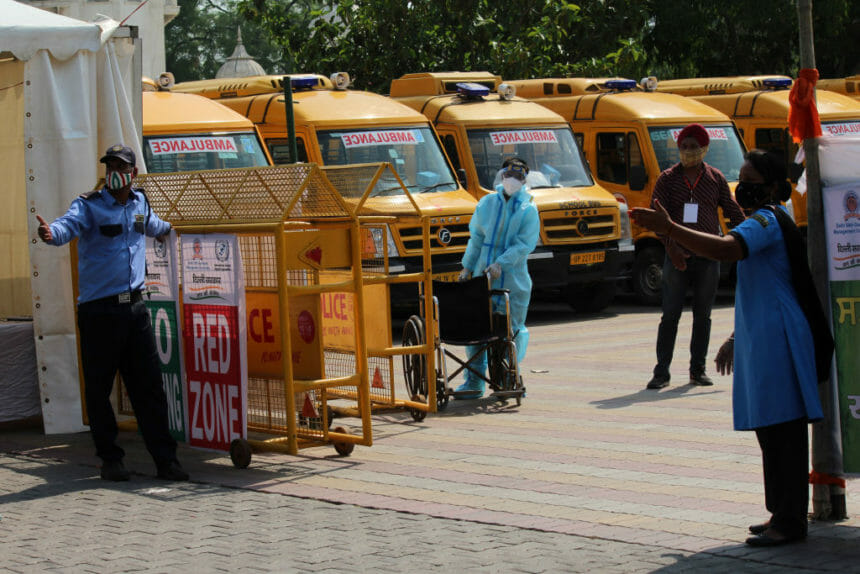The World Health Organization has classified a triple-mutant COVID-19 strain in India as a global “variant of concern.” When a variant is labeled “of concern,” it means that it is more contagious and deadly than other strains. (CNBC Weekly)
Long-haul COVID-19 has spurred a renewed emphasis on expanding palliative care to patients at home. The Biden administration is working with palliative and hospice organizations to develop a benefit in Medicare. (The Washington Post)
Laronde, a startup funded by Flagship Pioneering, is looking to develop 100 drugs in the next 10 years, with a focus on eRNA. The startup formally launched Monday with $50 million from Flagship, which previously provided financial support to Moderna. (Endpoints News)
A new study in mice found that activating natural killer cells may help target senescent cells that cause diseases related to aging. But many drugs known as senolytics, which aim to destroy senescent cells, haven’t shown much promise in clinical trials. (STAT)
In the wake of COVID-19, public health experts have turned to wastewater surveillance to track the spread of infectious disease across communities. They believe it could become a useful mainstream public health tool long after the pandemic ends. (The New York Times)







